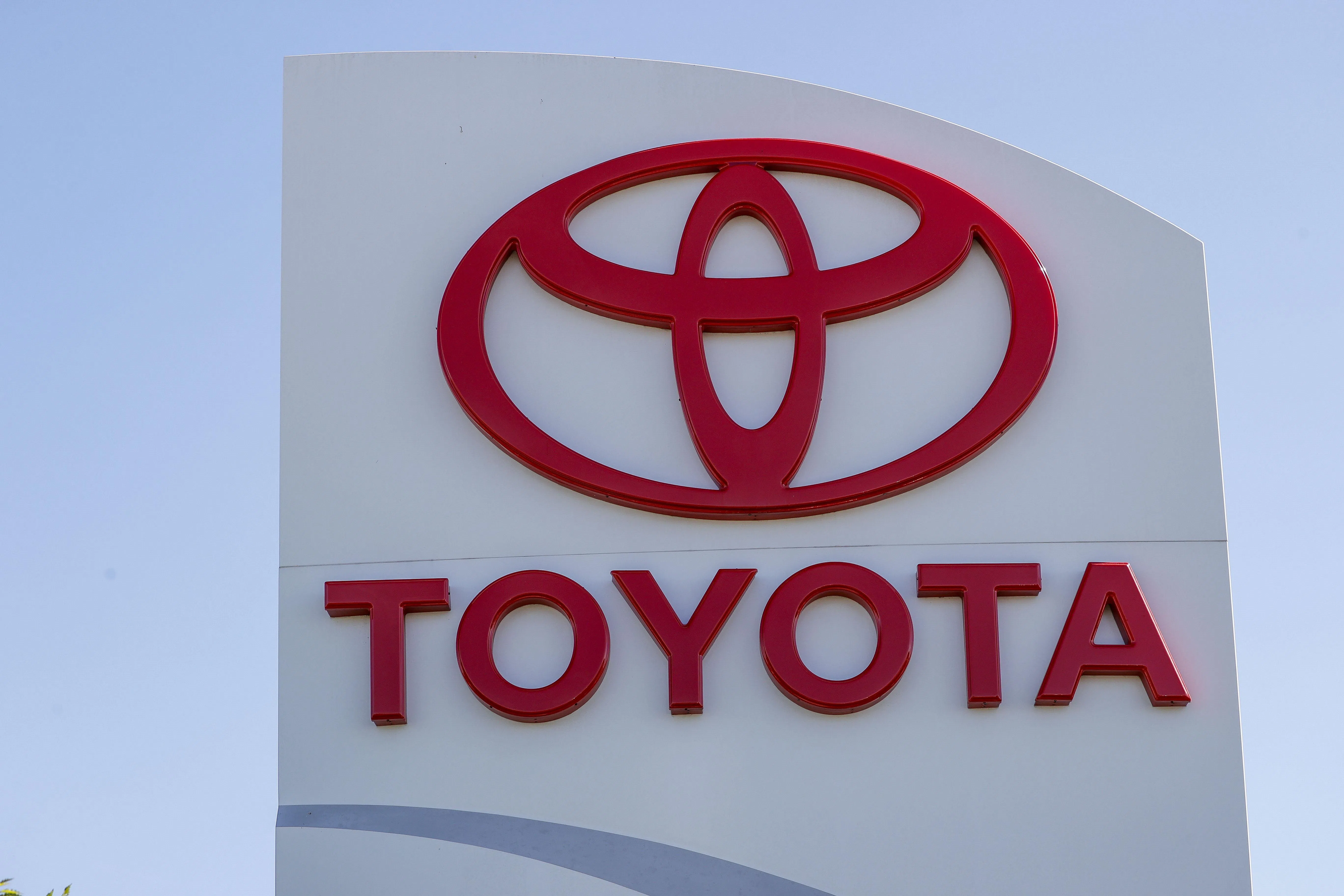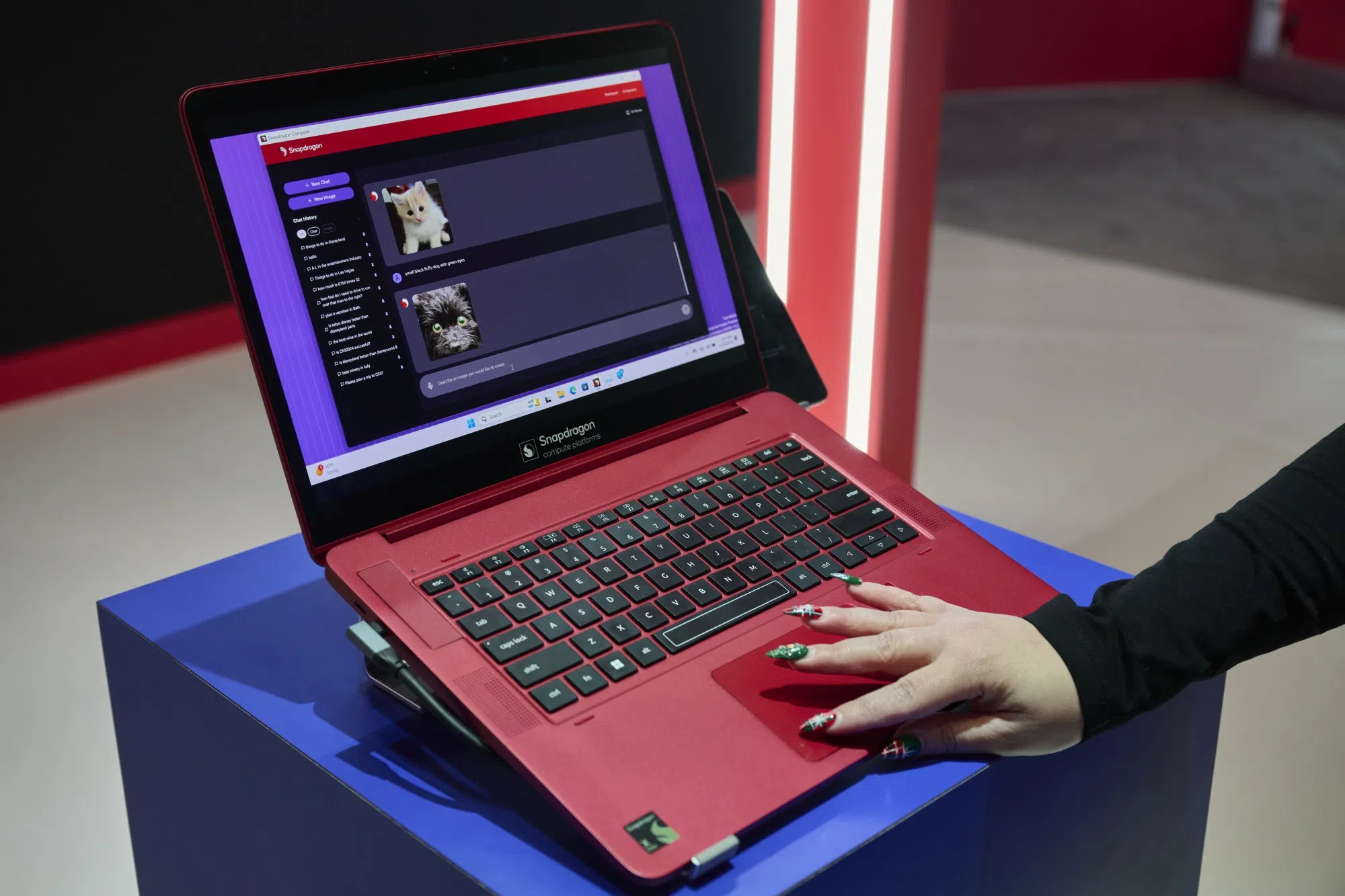Toyota Motor and Mazda Motor temporarily halted shipments or sales of some vehicles after Japan’s transport ministry found irregularities in applications to certify their models.
The ministry said on Monday (Jun 3) that irregularities were found in applications to certify models from the two automakers and also from Honda Motor, Suzuki Motor and Yamaha Motor. It had ordered Toyota, Mazda and Yamaha to suspend shipments of some vehicles.
The developments represent a widening of a safety test scandal among Japanese automakers.
The ministry had requested automakers to investigate their vehicle certification applications following a safety test scandal at Toyota‘s compact car unit Daihatsu that emerged last year.
Toyota, the world’s biggest automaker by volume, said on Monday that it has temporarily halted shipments and sales of three car models made in Japan. Toyota’s board chair Akio Toyoda apologised to its customers during a press conference but assured them that the vehicles “passed legally set standards”.
The transport ministry said separately that it will conduct an on-site inspection at Toyota‘s headquarters on Tuesday.
GET BT IN YOUR INBOX DAILY
Start and end each day with the latest news stories and analyses delivered straight to your inbox.
Mazda said it fabricated test results and tampered with the units used for collision testing in five models, including the Mazda2 and Roadster RF, according to a company statement on Monday. Irregularities were identified in over 150,000 units the automaker has produced since 2014 for the Japan market.
“We will bear costs incurred to suppliers due to the shipment halts,” Mazda chief executive officer Masahiro Moro said, adding the company would make efforts to prevent the lapses from recurring. The halt is likely to affect 3,500 orders and the carmaker is not considering recalls at this point.
Moro attributed the data issues to employee misinterpretations of unclear procedure manuals, not an “organisational cover-up” or “malicious falsification.”
Mazda suspended shipments of its Roadster RF sports car and the Mazda2 hatchback from Thursday last week after finding workers had modified engine control software test results.
It also found crash tests of the Atenza and Axela models that were no longer in production had been tampered with by using a timer to set off airbags during some frontal collision tests instead of relying on an on-board sensor to detect a hit.
Honda said it had found wrongdoing in noise and output tests over a period of more than eight years to October 2017 on some two dozen models that are no longer being produced.
A Toyota spokesperson added that the company is still investigating issues related to vehicle fuel efficiency and emissions, and aimed to complete the inquiry by the end of June.
Toyota shares closed down 1.8 per cent, underperforming a 0.9 per cent gain in the broad Topix index. Mazda shares fell 3.3 per cent.
Toyota said it had provided inadequate data in pedestrian and occupant protection tests for three production models – the Corolla Fielder, Axio and Yaris Cross – and errors in crash tests and other test methods for discontinued versions of four popular models, including one sold under the Lexus luxury brand.
It added that there were no performance issues that violated regulations and customers did not need to stop using their cars.
In the Daihatsu scandal, a panel found that the unit had rigged side-collision safety tests carried out for 88,000 small cars, most of those sold as Toyotas. REUTERS







